EDITORIAL
Published on 01 Jun 2022
Editorial: Functional Genomics of Transcriptional Regulation in Pathogenic Fungi
doi 10.3389/fcimb.2022.928440
- 1,069 views
6,778
Total downloads
26k
Total views and downloads
Select the journal/section where you want your idea to be submitted:
EDITORIAL
Published on 01 Jun 2022
ORIGINAL RESEARCH
Published on 08 Mar 2022
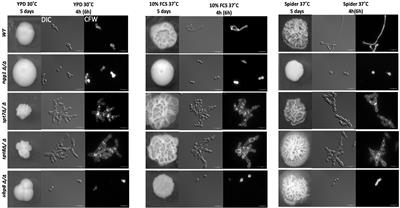
ORIGINAL RESEARCH
Published on 19 Jan 2022
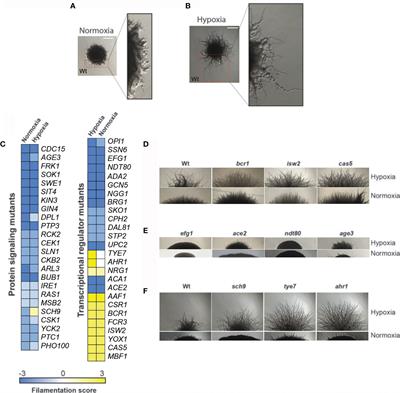
ORIGINAL RESEARCH
Published on 26 Nov 2021
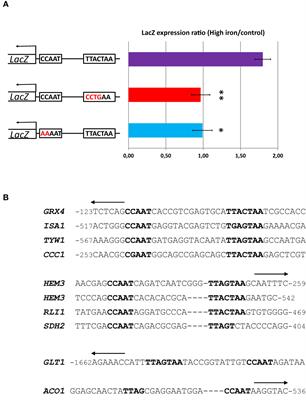
ORIGINAL RESEARCH
Published on 16 Sep 2021
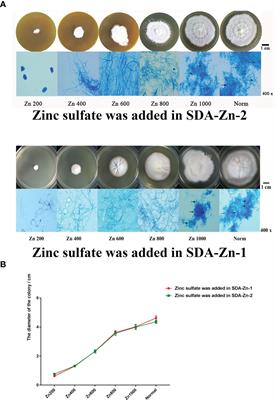
ORIGINAL RESEARCH
Published on 16 Mar 2021
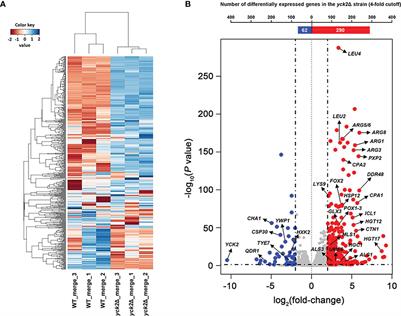
REVIEW
Published on 03 Dec 2020


Frontiers in Fungal Biology